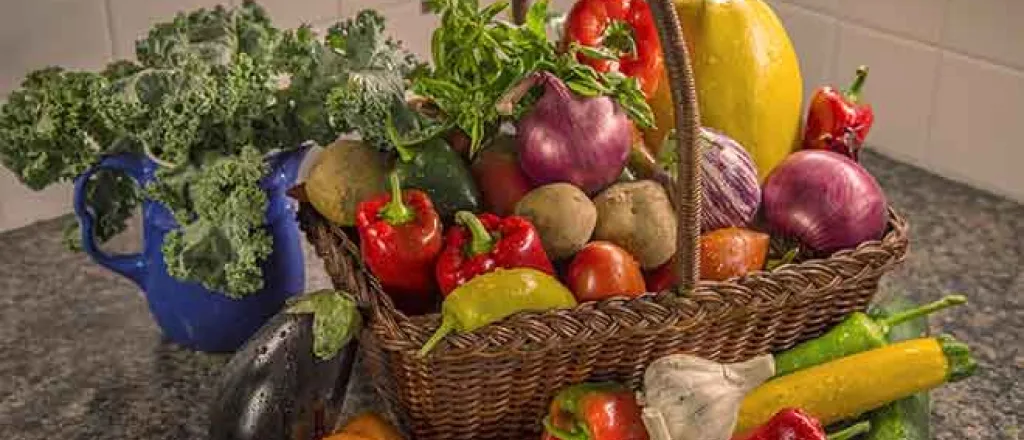
Colorado food pantry grant program under review by lawmakers
(Colorado News Connection) Colorado lawmakers are considering a measure that would extend funding for emergency food assistance throughout the state.
The Food Pantry Assistance Grant program distributes funds to emergency providers to purchase fruits, vegetables, dairy and meat from local producers. Since the onset of COVID, nearly one in three Coloradans said they have struggled to pay for food.
Rachel Landis, director of the Good Food Collective in Durango, said the grant program is critical for addressing spiking food insecurity rates.
"They've always been high due to our high cost of living," said Landis. "But the pandemic has seen those go through the roof. And so you have tremendously high numbers of people seeking emergency food assistance."
Landis said the grants also help to create more resilient regional food systems by connecting family farms with a reliable revenue stream.
The measure, which would guarantee funding for five years, is currently being considered by the Legislature's Joint Budget Committee.
Critics of extending food assistance have argued it could stop people from seeking work and create government dependency.
The program has helped providers serve hundreds of thousands of Coloradans over the past two years. But food pantries continue to report an increase of between two to six times the number of community members coming to them for assistance.
Landis said she does not see a crisis of dependency at her local pantry.
"I do not see people just waiting for a handout," said Landis. "I see people who are working three jobs, seven days a week. And they are getting paid at a base level that doesn't allow them to meet their needs."
Landis said giving people access to fresh, nutrient-rich food can also bring a renewed sense of belonging and agency, which she sees as an essential step for someone to become a contributing member of society.
She said some clients picking up produce have actually left in tears.
"Because something as simple as a tomato that doesn't have bruises and cuts in it, that came from the farm next door," said Landis. "It helps someone to feel like they are part of this community, and that they are seen and they are valued."

















